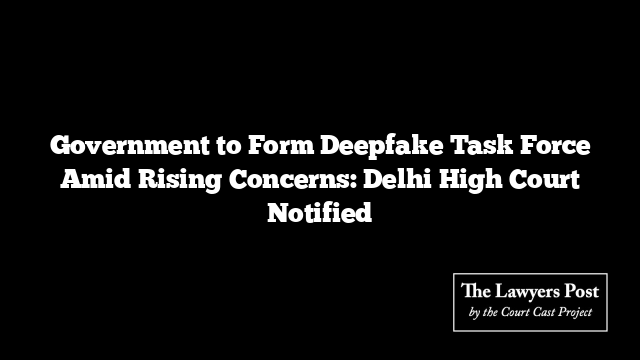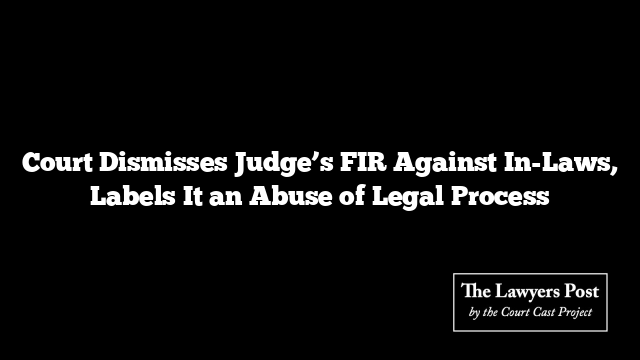The Kerala High Court underscored that when judicial errors arise, the principle of estoppel cannot obstruct the pursuit of justice. This pivotal observation came from a bench comprising Justices PB Suresh Kumar and C Pratheep Kumar while revisiting and overturning its prior decision in a child custody dispute.
The earlier order had granted interim custody of a child to the father while permitting the mother to later petition for custody upon securing employment in Canada. However, the father filed a review plea, contending the order overlooked key legal issues.
The mother opposed this move, arguing the father had already benefitted from the order by assuming custody, and thus could not challenge it due to the principle of estoppel. Yet, the court determined that fairness and justice should prevail, particularly in cases affecting a child’s welfare.
“There is no estoppel against a party when the court itself commits an error. The duty to rectify judicial mistakes supersedes rigid legal doctrines,” the bench declared, emphasizing that child custody orders are inherently fluid and subject to change as circumstances evolve.
The case initially arose from a family court ruling that granted permanent custody to the mother and visitation rights to the father. Subsequent developments—including the mother’s relocation to Canada and the father’s employment in Dubai—triggered a series of legal maneuvers, with both parents vying for primary custody.
The High Court’s recalled decision had temporarily granted the father permission to take the child to Dubai while allowing the mother to seek custody later. However, the father challenged this decision, particularly its provision suggesting his custody rights were conditional upon the mother’s employment status.
Acknowledging errors in its prior ruling, the court reversed its decision, allowing a fresh hearing to address unresolved concerns. It reaffirmed that while equity principles like estoppel exist to promote fairness, they cannot override the necessity of correcting judicial mistakes or ensuring the child’s welfare remains paramount.
The matter will now proceed to further hearings to determine the best interests of the child amidst evolving family circumstances.





